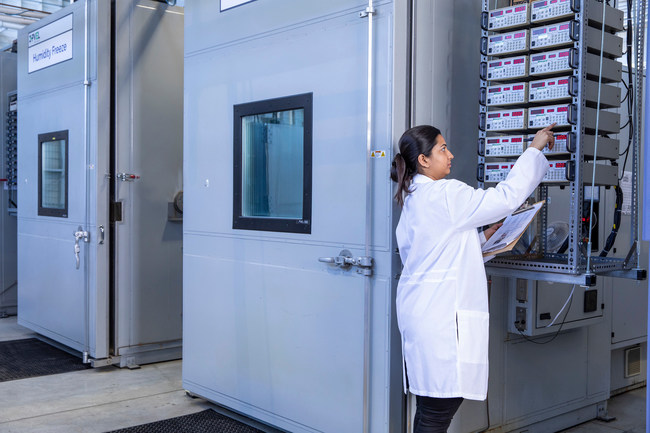PV Evolution Labs (PVEL), the leading independent test lab for the global downstream solar industry, today published the 6th Edition of its PV Module Reliability Scorecard in partnership with DNV GL, the world's largest resource of independent experts and certification body. The report reveals eight new Top Performers compared to the 2019 Scorecard. However, it also shows that some manufacturers overlooked minimum safety and quality controls in the rush to bring innovative PV cell and module technologies to market.

“A diverse array of PV technologies has upended conventional R&D timelines to achieve rapid commercialization, leading PVEL to test more cell and module combinations for our 2020 Scorecard than at any point in our ten-year history,” commented Tara Doyle, Chief Commercial Officer of PVEL. “Developers and investors need independent, reliable data to balance the reliability risks inherent to new products against the promise of higher-performing, more lucrative projects.”
PVEL's annual scorecard ranks commercially available PV modules based on results from PVEL's PV Module Product Qualification Program (PQP), a comprehensive sequence of performance and extended reliability tests that approximate the impact of decades of field exposure on PV modules. The PQP provides empirical data for PV module supplier evaluations and project-level energy yield and financial models.
Several concerning trends emerged in the 2020 Scorecard:
- 20% of BOMs failed at least one test.
- Safety issues: 12% of BOMs tested failed the wet leakage test protocol required for IEC 61215 certification. 100% of PV modules tested by PVEL received this certification and thus should have passed this PQP characterization step.
- Poor potential-induced degradation (PID) results: PVEL observed its highest recorded median degradation rate for PID, a preventable failure mode that is regularly described as “solved.” Results indicate that baseline anti-PID module design procedures were not followed by all PQP participants.
“Arevon, North America's leading renewable energy company with over 3,500 MWdc of operating PV solar, is relying on data from PVEL's Product Qualification Program (PQP) and statistical batch testing to inform PV module procurement and technical due diligence for several GWs of projects in our pipeline,” commented Jared Porpiglia, Director of Procurement at Arevon. “From utility solar power plants to distributed generation, PVEL's program enables objective assessments of potential suppliers and new technologies that can be leveraged as a powerful tool to optimize project finance assumptions.”
The 2020 Scorecard includes first-of-their-kind Top Performer designations for modeled performance. The rankings are based on energy yield models built using PVEL-measured PAN files for PVsyst modeling software. Bifacial PV modules exhibited the strongest results in this new Top Performer category.
“As developers strive for increasingly cost-effective PV power plants that will operate for thirty or more years, PVEL's independent data helps us evaluate whether projects will meet modeled lifetime expectations,” commented Dana Olson, Global Solar Segment Leader of DNV GL. “Our analysis of PVEL's historic PQP data demonstrates that their carefully designed program helps provide data-driven insights necessary for extending the useful life of solar assets.”
Participation in PVEL's PQP is voluntary for manufacturers and only top-performing module models are ranked in the Scorecard. Since PVEL launched its PV Module PQP in 2012, it has tested over 360 bills of material (BOMs) from more than 50 module manufacturers.
The 2020 PV Module Reliability Scorecard is available as a free download at www.pvel.com/pv-scorecard.
